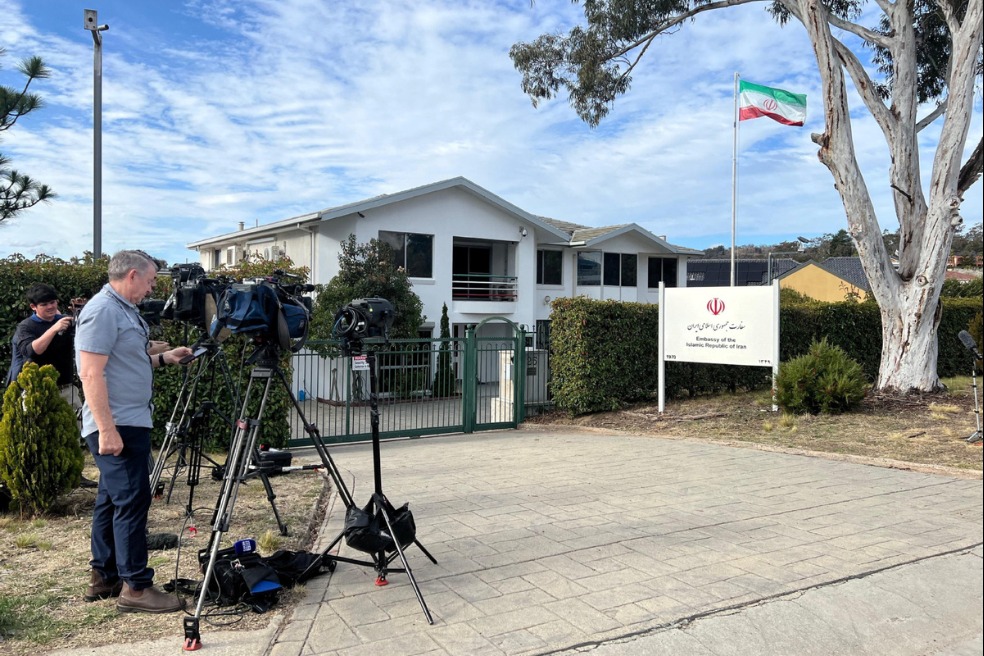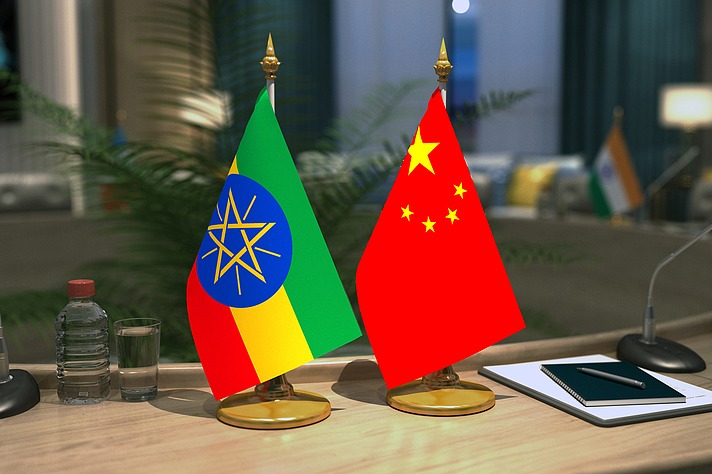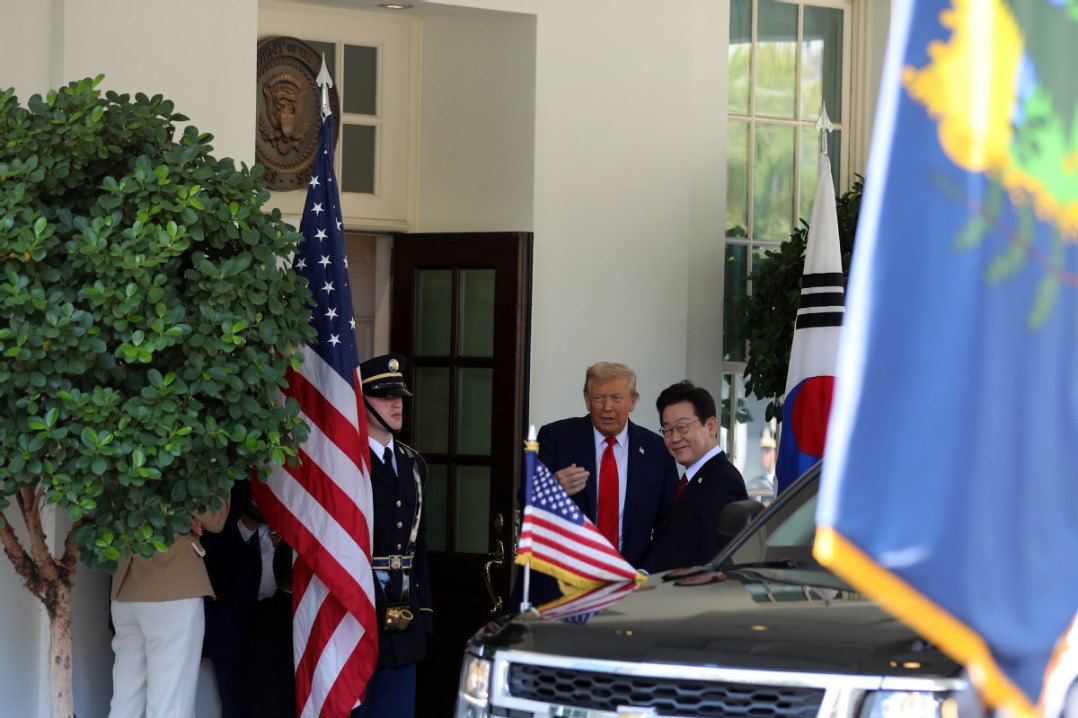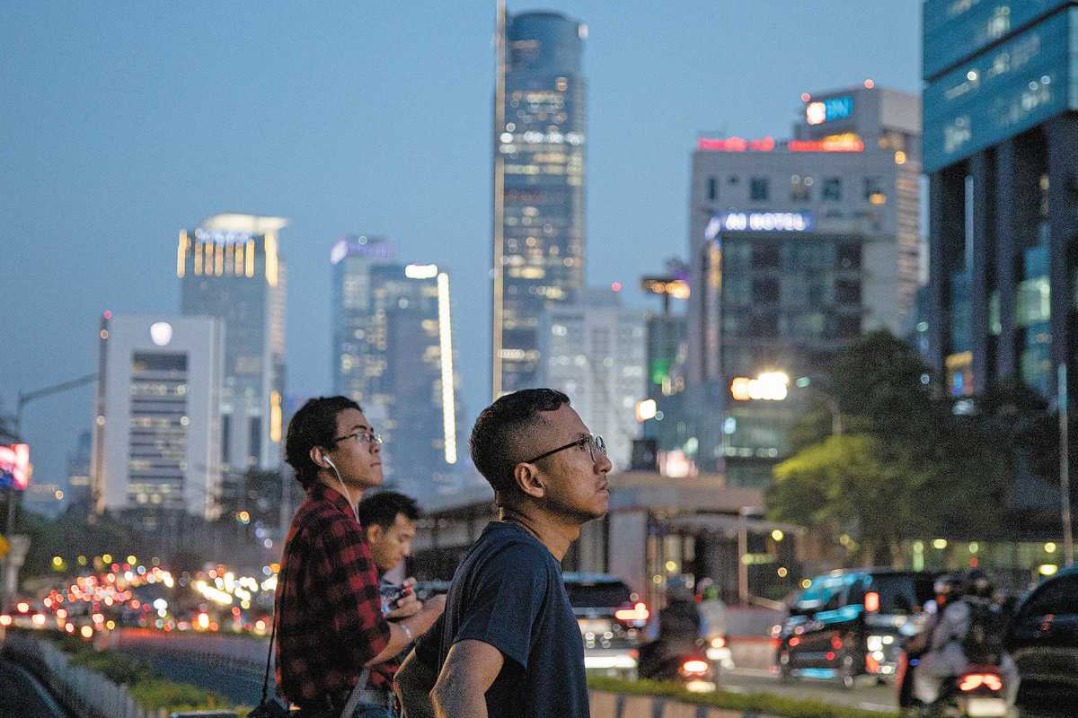US should look inward on deficit, experts say


NEW YORK — With the US trade deficit expected to expand by 17 percent in 2018 despite additional import tariffs on major trading partners such as China, experts offered their perspectives on why it continues to grow.
In September, the deficit reached $54 billion, rising 1.3 percent or $700 million from August, representing a 10.1 percent increase so far in 2018, according to US data released on Nov 2.
The increase came after the imposition of tariffs on large quantities of imports, despite an effort to reduce the deficit while reviving American manufacturing.
The fundamental cause of a trade deficit is an imbalance between a country’s savings and investments, said Sinem Sonmez, a professor with the Department of Economics and Finance at Baruch College, the City University of New York.
“The US spends more than it makes, and so the additional spending has to go to foreign goods and services, and so if you look at that increasing spending, you have to either borrow from foreign lenders or extract foreign investment into your country,” Sonmez said.
The deficit is expected to increase because the US is experiencing an economic boom, and tax cuts, fiscal stimulus and a regulations rollback are helping the economy grow faster.
Companies will have to obtain much of their inputs, capital and equipment from China or other producers in the Asia-Pacific region, Sonmez said.
Henry Levine, senior adviser at Albright Stonebridge Group, said “the deficit will persist. I don’t think that deficits particularly of the size that we have with China can be changed very quickly again.”
Simon Lester, associate director with the Herbert A. Stiefel Center for Trade Policy Studies under the Cato Institute, said: “The American government spends a lot of money, and in addition to that there is the use of the dollar as the kind of worldwide reserve currency, and it’s a combination of these things that have led the US government to run trade deficits for over 40 years.”
Levine said “the vast majority of economists would agree that the bilateral (US-China) trade deficit is not a serious concern”.
“The right way to deal with the trade deficit is to ignore it,” he said. “You should worry just more generally about how your economy is doing and adopt policies that are good for overall economic growth.”
The trade deficit demonstrates that Americans want to buy inexpensive, good-quality products from China and raise living standards, according to Levine, who once served as deputy assistant secretary of commerce for Asia and the US consul general in Shanghai.
“I’d say our focus should be on our fiscal deficit, and if we could get our government-spending under control and encourage more responsible behavior among people and how much they spend and how much they consume, that might have an impact on the trade deficit,” he said.
“If the US economy were to go into a deep recession, the trade deficit with China would shrink because American consumption would decrease,” Levine said. “But ... they (Americans) would be worse off. ... To the extent that production moves back to the US, it’s likely to be a highly technology-intensive use of robots and other types of technologies, which are unlikely to boost jobs.”
Said Lester: “If it weren’t for Chinese investors buying the US Treasuries, then the US wouldn’t be able to sustain this high level of trade deficits.”
“My only worry right now is that the slowdown in economic growth in China may actually come back to haunt us ... because they could pull down global economic growth,” Sonmez said. “We can afford to use more time in resolving these trade tensions. I think that there’s no reason why we need to impose certain deadlines on China.”
“This is the largest intervention in micromanagement by the US government on the US economy since (ex-president Richard) Nixon’s wage and price controls.
“They are literally dictating where people can buy things, which is really strange” compared with other Republican administrations, observed Gary Horlick, former international trade counsel with the US Senate Finance Committee.

































